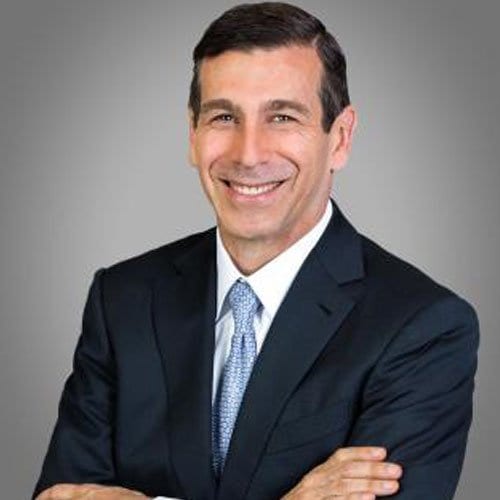According to statistics from the Insurance Institute of Highway Safety (IIHS), approximately 50,000 airbags are stolen every year.
Airbag theft results in about $50 million lost by car owners and car insurance companies. Besides the monetary issue, having airbags stolen or switched results in a much higher possibility of wrongful death to the car driver or passenger in the case of an automobile accident.
Over the past two years, airbags have become an accessory in high demand on the black market. From a car dealer, a new airbag costs approximately $1,000, whereas from the black market, airbags sell for $50 to $200. In fraudulent car shops, airbags can be easily removed and reinstalled as new in cars, at which point either the car owner or the automobile insurance company pays the full price for the replacement. In essence, we believe they have committed car insurance fraud.
There are two common airbag fraud activities performed by unethical car repair shops. Our car accident attorneys believe it is important for car owners to be aware of signs of airbag fraud to protect oneself against it.
The first type of airbag fraud is called the switch.
After a car accident, a car is sent to a car collision repair shop. Before the repair estimate, a non-deployed airbag from the car may be replaced by a deployed airbag from the shop, so that it would seem necessary for the car’s airbag to be changed. When the actual repairs are taking place, however, the original airbag of the car is just reinstalled. When the car’s insurer is billed for the new airbag in this case, the car repair shop gets 100% profit for just fraudulently switching airbags. Here are the signs of fraudulent airbag:
Factory installed airbag trim covers match the color on the inside of the car. Any difference in color shows that the airbag has been tampered with.
- In most cars, if the driver’s airbag deploys, the passenger seat airbag will also deploy.
- The driver and passenger airbags should deploy only when there is front-end damage. Airbags should not deploy when there is only side or rear damage.
The other type of airbag fraud is the pullout.
A car repair shop may cut open the airbag cover and remove a non-deployed automobile airbag to make it seem like it deployed. Then, the airbag is replaced with one purchased on the black market. The car insurer also pays the price for this fraud.
The following are the signs of the pullout:
- The airbag cover’s trim appears smooth, because it was cut open. In a real airbag deployment, the trim cover will be rough in texture.
- The airbag is sometimes cut as the trim cover is being sliced open. This also increases the car driver’s risk of wrongful death in a future car accident.
- The pullout airbag has serial numbers to check back to whether it was the original airbag installed with the car at the manufacturer.
As car accident lawyers, we believe it is also important that all car drivers understand how to protect themselves against either type of airbag fraud. Following are some tips from the National Insurance Crime Bureau (NICB):
- Find a trustworthy car accident repair shop.
- Check the invoice to make sure that the repair shop bought the new airbag from a manufacturer.
- Ask to inspect the airbag before installation. The new airbag should be packaged in a sealed container.
- When the car’s ignition is turned on, a red Supplemental Restraint System SRS light should turn on, indicating that the airbag system is activated. If there is no SRS light, then there is a problem with the airbag system, and there is a possibility the car repair shop performed airbag fraud.
As car accident attorneys — fellow car drivers ourselves — we hope that these tips will help protect all car drivers against airbag fraud. It could save you money and — more importantly — your life in the case of a car accident.
Please contact us for a free consultation with an experienced car accident attorney — we speak both English and Spanish — at (800) 655-6585. Click here and you may also submit your case for a Free Review. No fee if no recovery.

SENIOR PERSONAL INJURY ATTORNEY & FIRM FOUNDER
Michael Pines is a former insurance company attorney who graduated from the University of California Hastings College of the Law in 1987. While he was an insurance attorney, he learned from behind the scenes how insurance companies work and how they decide how much to pay injured people. Now that he works against insurance companies, Michael’s inside knowledge has resulted in significant benefits to his clients injured in car accidents. Learn more about Michael Pines